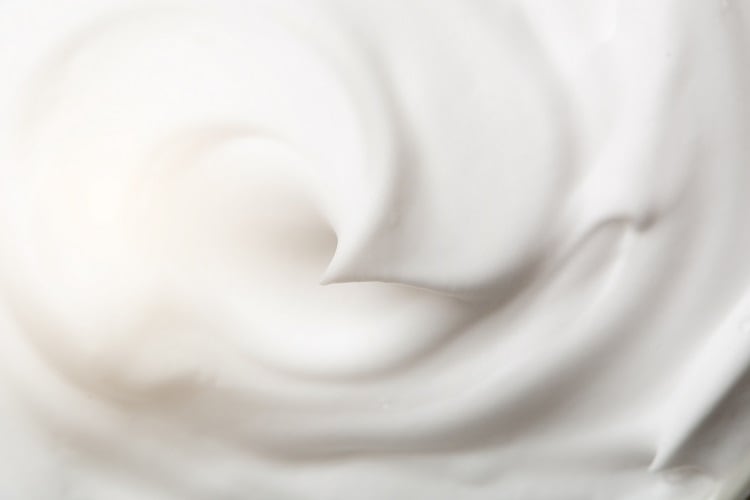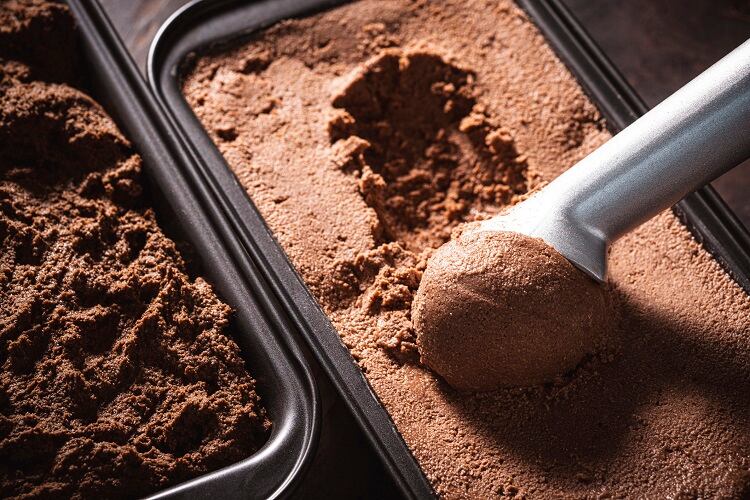Efforts to find an alternative to the expensive locust bean gum have been in motion for several years now since the ingredient shot up in price. The hydrocolloids market is expected to grow at a CAGR of 5.4% from 2023 to 2028 according to Markets and Markets, its value set to top $14bn by the end of the period from $11.2bn in 2023.
The naturally-derived locust bean gum (LBG) is ideal for clean-label applications, but its scarce supply has pushed its price and made it more difficult for manufacturers to obtain it. Ingredient makers from Kerry to CP Kelco have released alternatives that have similar characteristics to LBG, and there are other ways still for ice cream makers to come up with the right solution by creating emulsifier/stabilizer blends.
“Ice cream manufacturers highly value LBG for its functional properties that enhance texture, stability, and mouthfeel in frozen treats. Its ability to improve creaminess, control crystallization, and prevent ice recrystallization helps manufacturers deliver the sensory experience that consumers want,” said Palsgaard’s Claus Prior Hansen, application manager for ice cream and dairy.
“While LBG acts as a stabilizer in ice cream, it’s never been associated with stability when it comes to cost. Factors such as limited production areas and unpredictable harvests have affected the supply of LBG, which meant prices have gone sky high and stayed there. Tara gum used to offer a more affordable alternative, but its cost-in-use has increased hugely too.”
He continued: “There isn’t any single ingredient that can perfectly replace LBG, but there are now innovative emulsifier/stabilizer blends that can provide excellent alternatives. These blends can give manufacturers the functionality they’re used to but at a more stable price, maintaining the desired texture, stability, and sensory experience.”
Hansen said that may LBG form just a small part of the recipe but contribute significantly to the cost of the mix. “In recipes with LBG, the emulsifiers/stabilizers can account for more than 10% of the cost of the ice cream mix,” he explained. But a Palsgaard alternative that uses mono- and diglycerides of fatty acids and guar gum could bring the figure below 5%, he added.
Asked just how effective a replacement these blends were in real-world applications, Hansen explained these had been developed to ‘closely match’ the performance of LBG. “They provide reliable and consistent functionality in improving overrun, preventing ice crystal formation, and controlling viscosity.”
“Fundamentally, it’s about allowing manufacturers to achieve the desired creaminess, smoothness, and mouthfeel experience that consumers crave,” he added, stating that an LBG alternative needs to equally consider factors such as texture, stability, melting properties, and dietary requirements.
Emulsifier/stabilizer blends can also offer a solution for plant-based ice creams, improving sensory qualities such as creaminess and mouthfeel as well as the melting resistance. “Some flavor and ingredient combinations can be more challenging than others,” Hansen said. “We collaborate closely with manufacturers to understand their formulation goals and challenges. As part of that, we recognize the importance of presenting consumers with recognizable ingredients. Our solutions are also designed to make it as easy as possible to switch ingredients.”



